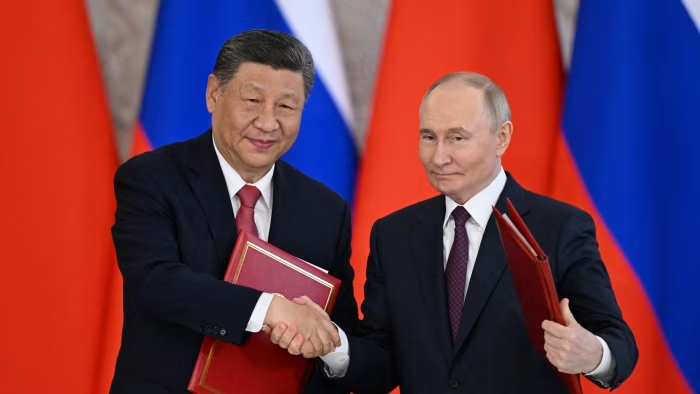EU Sanctions Chinese Banks: Impacts on Global Trade and Relations 🌍
EU Sanctions Chinese Banks: What’s Happening?
The European Union (EU) has set its sights on Chinese banks, implementing sanctions due to their suspected role in supporting Russia’s trade activities. Most importantly, this move is part of a broader strategy to cut off financial support to Russia, especially as the conflict in Ukraine continues. The EU’s actions aim to hinder Moscow’s ability to finance its military operations. Read more about the EU’s sanctions strategy here.
Understanding the Impact of EU Sanctions
- China-Russia Trade Sanctions: The EU is increasingly concerned that Chinese financial institutions are finding ways to circumvent existing sanctions against Russia. As a result, there’s a significant push to ensure that trade with China does not indirectly support Russia’s military efforts.
- Regulatory Measures: Therefore, the EU is considering new regulations targeting banks believed to be involved in these activities. By doing so, they aim to tighten the financial noose around Russia. Learn more about China’s response to these measures.
The Broader Impact of EU Sanctions: What This Means
The ongoing sanctions could strain EU-China relations, as the EU balances its foreign policy objectives with maintaining economic ties with Beijing. Besides that, increased scrutiny of Chinese banks might lead to shifts in international trade patterns. This delicate situation underscores the complexities of the EU-China relations conflict.
In Summary: EU Sanctions Chinese Banks and Global Ramifications
The EU’s decision to sanction Chinese banks represents a significant escalation in its efforts to disrupt Russia’s military funding through international financial systems. Consequently, the potential impacts on EU-China relations and global trade dynamics will be closely monitored as the situation evolves. By keeping an eye on these developments, stakeholders can better anticipate the shifting landscape of international relations and trade. 🌏




